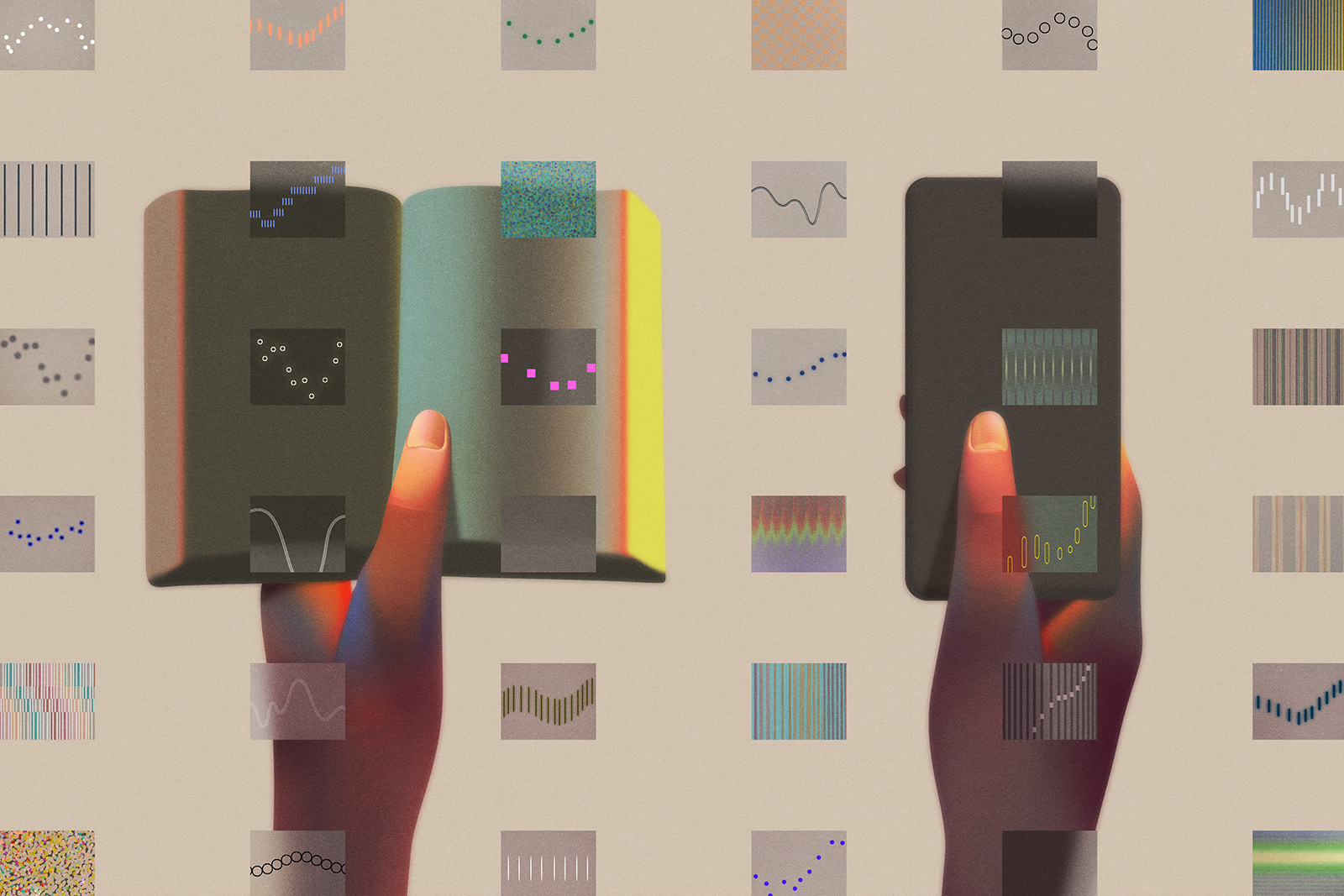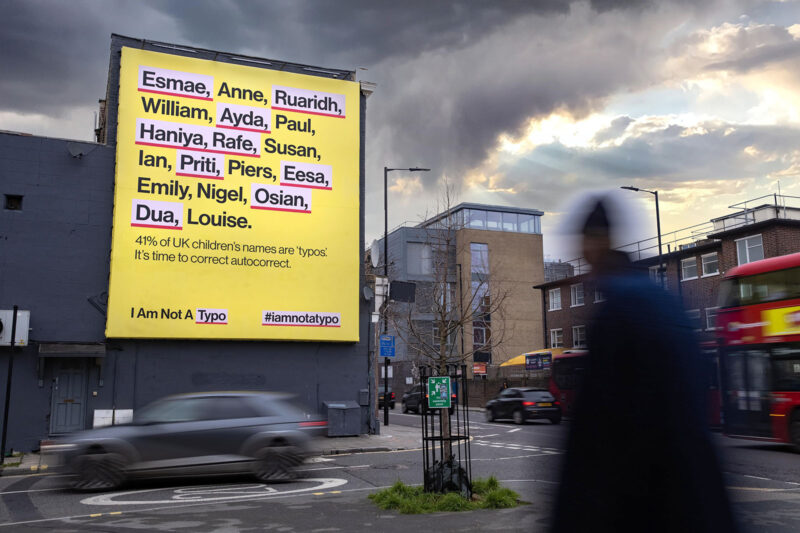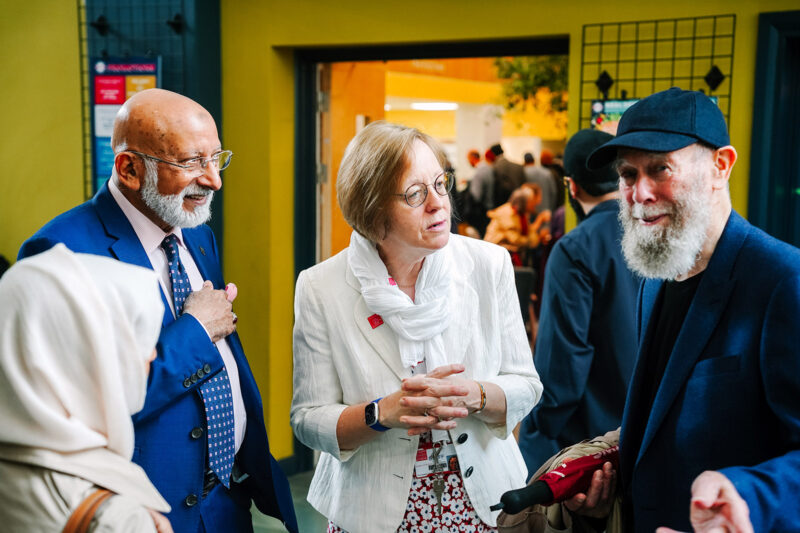AI has ‘revolutionised’ Islamic learning. Is it coming for scholars next?
Tech such as ChatGPT is aiding religious study — but there are some things it still can’t be used for, say academics

AI-powered websites such as ChatGPT can answer practically any question. They can summarise long articles, come up with travel itineraries and plan meals. ChatGPT boasts that it saves time for 400 million people a week, including busy professionals, students and parents.
But religious scholars might want to think twice before relying on AI for Qur’anic references — something the Muslim Council of Britain (MCB) discovered the hard way last month.
In a Friday prayer sermon published on its website, the council — an umbrella organisation for British Muslim groups — quoted what it claimed was Surah 33:10 of the Qur’an, a passage that refers to the Battle of Al-Ahzab. But the words shared by the MCB — “and the believing men and women thought good of Allah” — bore no resemblance to the actual verse.
The MCB deleted the sermon after the error was pointed out. Though it has declined to say exactly what happened, it appeared to concede in its apology that AI had been involved. “The incident highlighted just how important it is to apply rigorous scrutiny when using emerging technologies to communicate sensitive and nuanced issues of faith,” said assistant secretary-general Mustafa Al-Dabbagh.
The episode will no doubt have caused some red faces. But the organisation is forging ahead with its exploration of AI — and so are others like it. As a result of the mishap, Hyphen has learned, the MCB plans to hold an AI conference on 19 July, where tech experts will help MCB chiefs, Muslim community leaders and Islamic scholars to explore how it can be used responsibly, in line with Islamic values.
Muslim organisations using AI
At Al Balagh Academy, an Islamic education centre in Bradford, academic director Dr Rafaqat Rashid says AI has revolutionised its courses. The teaching team has been using AI-powered tools for nearly two years, simplifying tasks like making presentations, summarising articles, translation and creating student assessments.
The academy has found AI so useful that it now runs courses linking Islam with AI, covering subjects such as how to master ChatGPT as an imam or Islamic scholar, or how to use it as a Muslim parent for Islamic homeschooling. The homeschooling course is popular, says Rashid, with there being an even split of mums and dads.
While ChatGPT has helped Rashid and his team with their administrative tasks, he says it still has its limitations — including dealing with classical Islamic literature. For example, it provides a literal word-for-word translation of the Qur’an from Arabic to English, something most scholars consider incorrect as the original text has nuanced linguistic elements that must be reflected.
“Eighty to 90% of the time, it does the job well,” said Rashid. “And then every so often it’ll make a really crazy mistake. Sometimes it gives you certain references and when you look into [the original text] they’re not there, or it’ll confuse itself with different Islamic scholars and their biographies.”
He added: “We tried to upload a small classical textbook to see if we can pull out information and detail from that — without success. It’s very good at summarising and it’s very good as your personal assistant. It can’t do the actual research. It’s not reliable enough.”
The type of AI that powers ChatGPT, known as large language models (LLMs), is trained on large amounts of text to generate sentences that humans can understand. While such programmes have been household names for only a couple of years, British academics have been studying AI’s ability to handle the Qur’an and Islamic texts for significantly longer.
Professor Eric Atwell, an AI expert and computer science lecturer at the University of Leeds, has been supervising Muslim PhD students researching AI’s ability to answer Islamic queries using the Qur’an, Hadith and other classical Islamic texts since 2010.
When Atwell and his PhD students first started their research, one of their major concerns was the lack of room for error. They recognised that, for Muslims, a programme that could get the Qur’an wrong would be unacceptable.
But Atwell said ChatGPT and other AI platforms had become so advanced that error margins were narrowing, with engineers learning from its mistakes and refining the technology as they go. He also believes errors can be prevented by instructing AI software to extract and interpret information only from trusted Islamic sources.
“It’s just getting better and better,” he said. “Eventually, it will be totally trustworthy.”
xhead: More accessible than human scholars
Atwell sees a use for these tools both for non-Muslims who may want to understand the faith of people around them and for Muslims themselves. A free AI platform that can pull knowledge from the internet in seconds is a lot more accessible than an imam or Islamic scholar, particularly if users live in an area where Muslims are not the majority. It’s also cheaper than paying for an in-person or online Islamic course.
Tawheed Khan, a hospital administrator in Leeds, said using AI to help answer religious questions was quicker than consulting a human scholar. “I do feel I’m using it a lot more and, in most cases, would ask ChatGPT and not want to pester a shaikh or an imam,” he said. “I don’t want to be a nuisance.” The software has now learned that he is a Hanafi Sunni, and it is able to tailor its answers to his specific theological needs.
Another Muslim who uses AI to aid with religious study is data scientist Inaya Islam, who lives in London. She has been using AI-powered app Tarteel.ai to help her memorise and revise the Arabic text of the Qur’an. She downloaded the app shortly after the announcement of the first Covid-19 lockdown, when going to in-person Qur’an lessons was no longer possible. She was a student at the time, and online lessons were expensive.
Tarteel.ai aims to teach users to recite the Qur’an from memory, “listening” to their words and comparing them with a large audio database of the verses being recited by well-known shaikhs.
“I don’t believe that integrating AI will be a disadvantage to the way that we teach and learn the Qur’an,” said Islam. “It’s trained on some of the best reciters who have memorised the entire Qur’an and have multiple ijazas.” Ijazas are certificates from recognised Islamic institutes that confer the authority to deliver Islamic knowledge.
‘Don’t rely on AI alone’
When it comes to interpreting the Qur’an and Hadith, however, Islam is more cautious. “I believe that we should leave certain things to scholars,” she said. “An AI model won’t be able to fully consider the nuances or context as well as a scholar. A scholar will have studied from their teachers, and their teachers will have passed advice and knowledge down to them.”
At Al Balagh Academy, Rashid said websites such as ChatGPT had demonstrated an error rate of up to 50% in the academy’s own tests, which involved asking them to interpret the Qur’an and classical Islamic texts. He wouldn’t advise anyone to rely on AI for Islamic references alone.
Dr Shoaib Malik, a lecturer in Science and Religion at the University of Edinburgh, agrees, but believes AI’s tendency to “hallucinate” — to make up answers — is only a temporary hurdle. He uses AI to aid many aspects of teaching, from drafting emails to producing student handouts.
Soon, Malik believes, AI software like ChatGPT could become more accurate than scholars. At that point, it will face a different challenge. “While I don’t think scholars will become obsolete, I do think we’ll enter a phase where AI-generated insights are taken just as seriously,” he said. “The real question won’t be whether AI can do it, but whether people trust it more than traditional authority.”
 Newsletter
Newsletter













